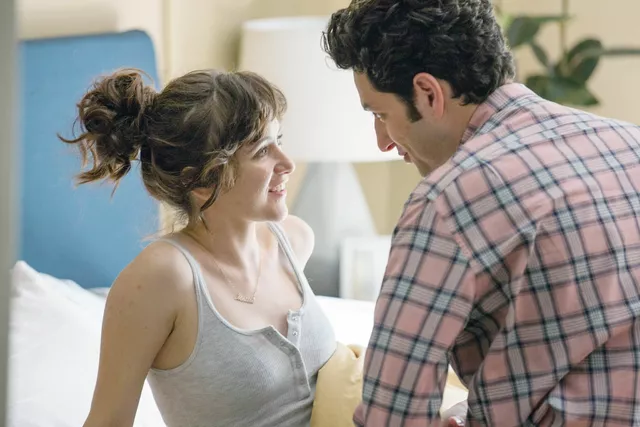The Box Office Performance
When we talk about how long a movie stays in theaters, the first thing that comes to mind is its box office performance. This is the amount of money a movie makes from ticket sales. If a movie is doing well at the box office, it will generally stay in theaters for a longer period. This is because the movie is attracting a lot of audiences and is therefore profitable for both the theaters and the movie producers. It's a simple supply and demand situation – if people are eager to watch the movie, theaters will continue to show it.
However, it's important to note that not all movies that do well at the box office stay in theaters for a long time. There are also other factors to consider, which I will discuss in the following sections. But generally speaking, a movie that doesn't perform well at the box office will likely be pulled from theaters sooner rather than later.
The Competition and Market Saturation
Another factor that determines how long a movie stays in theaters is the competition it faces from other movies. If there are several other popular movies showing at the same time, a movie may not stay in theaters for long, even if it's doing relatively well at the box office. This is because theaters have a limited number of screens and need to make room for new releases.
Furthermore, market saturation also plays a role. If there are too many movies in the same genre released close to each other, audiences may be spread too thin, resulting in lower box office results for each individual movie. This is why movie release dates are often strategically chosen to avoid direct competition with similar movies.
Seasonal Trends and Holidays
Seasonal trends and holidays also have a significant impact on how long a movie stays in theaters. For example, during the summer season or holiday periods like Christmas, there is usually a higher demand for movies as people have more free time. Therefore, movies released during these periods may stay in theaters for a longer period.
On the other hand, movies released during slower periods may not stay in theaters for as long. This doesn't necessarily mean they are less successful or less good, but rather that they are affected by the overall demand for movies during these periods.
Critical Reception and Word of Mouth
It's also important to mention the role of critical reception and word of mouth in determining how long a movie stays in theaters. If a movie receives positive reviews from critics and audiences alike, it can create a buzz that attracts more people to the theaters.
Word of mouth is especially powerful in today's digital age, where opinions are easily shared through social media. A movie that receives a lot of positive chatter online can see its theater run extended, even if its initial box office performance was not stellar.
The Contractual Agreements with Movie Distributors
Last but not least, the duration a movie stays in theaters is also influenced by contractual agreements between the movie distributors and theaters. These contracts stipulate how long a movie is to be shown in theaters and can vary greatly depending on the movie and the distributor.
For big blockbuster movies, these contracts often require the movie to be shown for a minimum number of weeks. For smaller, independent movies, the contracts might be more flexible, allowing the theaters to decide when to stop showing the movie based on its performance.



